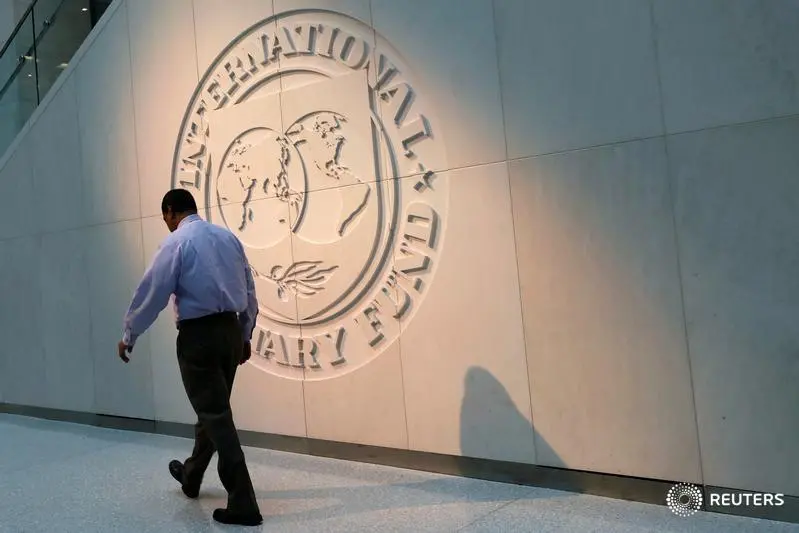PHOTO
Cairo: The authorities’ reform program has helped accelerate growth, reduce inflation and unemployment, and narrow external and fiscal deficits.
The continued fuel subsidy reform contributes to reducing the budget deficit and makes available more resources for social programs to support the most vulnerable.
Egypt’s healthy level of foreign reserves and the flexible exchange rate will help manage any volatility acceleration in capital flows outflows, should the recent tightening of global financial conditions lead investors to pull back from emerging markets.
On June 29, 2018, the Executive Board of the International Monetary Fund (IMF) completed the third review of Egypt’s economic reform program supported by an arrangement under the Extended Fund Facility (EFF). The completion of the review allows the authorities to draw the equivalent of SDR 1,432.76 million (about US$ 2.02 billion), bringing total purchases to SDR 5,731.05 million (about US$ 8.06 billion).
The three-year EFF arrangement in the amount equivalent to SDR 8.597 billion (about US$12 billion or 422 percent of quota at the time of approval of the arrangement) was approved by the Executive Board on November 11, 2016 ( see Press Release No. 16/501 ) to support the authorities’ economic reform program.
In completing the review, the Executive Board also approved the authorities’ requests for a waiver of non-observance and modification of performance criteria.
Following the Executive Board discussion on Egypt, Mr. David Lipton, First Deputy Managing Director and Acting Chair, said:
The economic situation has continued to improve during 2018. Strong program implementation and generally positive performance has been instrumental in achieving macroeconomic stabilization, with external and fiscal deficits narrowing, inflation and unemployment declining, and growth accelerating. The near?term growth outlook is favorable, supported by a recovery in tourism and rising natural gas production, while the current account deficit is expected to remain below 3 percent of GDP and the public debt ratio to decline markedly by 2023.
Monetary tightening in 2017 helped anchor inflation expectations after the devaluation and fuel price hikes in 2016. The Central Bank of Egypt should maintain its restrictive stance to contain second?round effects of fuel and electricity price increases, with future policy changes guided by inflation expectations and demand pressures. Exchange rate flexibility is critical to safeguard competitiveness and help cushion against external shocks.
The authorities’ fiscal consolidation plan remains on track, and this year’s surplus target appears likely to be met. The ongoing energy subsidy reform is critical to support fiscal consolidation and encourage more efficient energy use, and next year’s budget continues to replace poorly targeted energy subsidies with programs that support poor households.
The recently approved automatic fuel price indexation mechanism, once implemented, will also help safeguard the budget from unexpected changes in the exchange rate and global oil prices, and ensure that fiscal resources are available to support the most vulnerable.
A more inclusive private sector?led growth model is essential to absorb the significant increase in the labor force expected over the next five years.
The expanded structural reform agenda under the authorities’ reform program aims to address key impediments to private sector development, including steps to enhance transparency in industrial land allocation, strengthen competition and public procurement, improve transparency and accountability of state?owned enterprises, and tackle corruption.
External risks have increased in recent months, with a shift to capital outflows as tightening global financial conditions have contributed to a pullback by investors from emerging markets. The healthy level of foreign reserves and flexible exchange rate leaves Egypt well positioned to manage any acceleration in outflows, but this reinforces the importance of a sound macroeconomic framework and consistent policy implementation.
Source: Egypt Today
Copyright © 2018 Arab Finance Brokerage Company All rights reserved. Provided by SyndiGate Media Inc. (Syndigate.info).





















